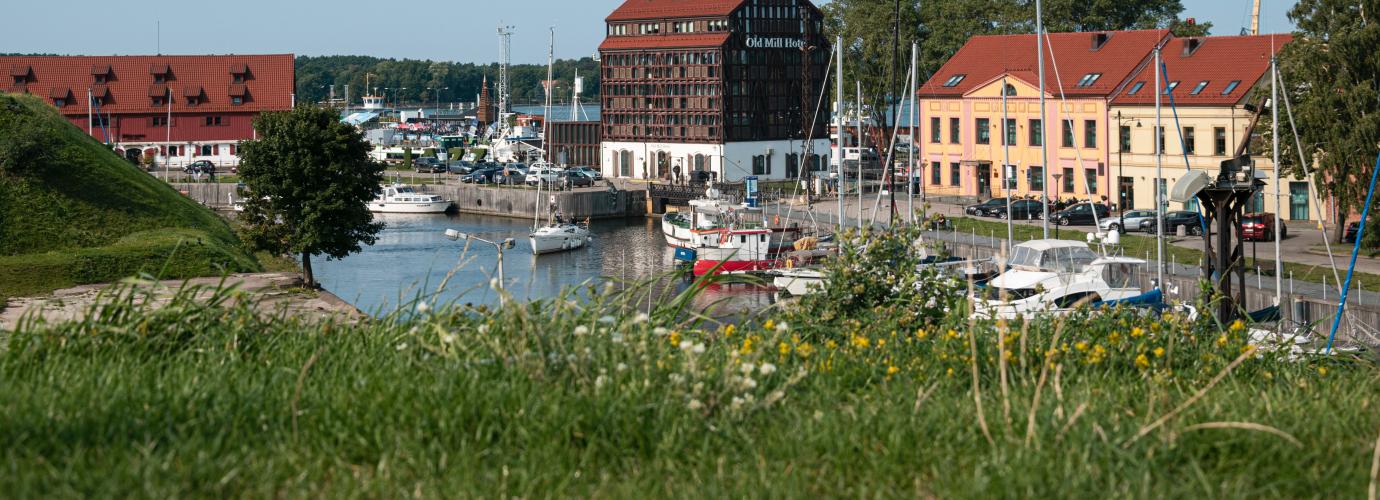2024
No reforms
2023
Reforming the college network
A plan to strengthen the network of public colleges is being launched in 2023 to provide students with better quality education based on professional practice and applied research. Developed over a two year period, the plan involved discussions on higher education’s missions, and an assessment of the potential of individual institutions. It consulted with both Lithuanian and international experts, social partners, and the colleges themselves, to determine the best solutions for strengthening what is provided. As a result, a number of institutions will experience some changes:
- Alytus College is to be merged with Kaunas College.
- The Lithuanian Maritime Higher School will be merged with the Vilnius Gediminas Technical University by establishing the Lithuanian Maritime Academy in Klaipėda, as a subdivision of Vilnius Gediminas Technical University.
- Kaunas College of Forest and Environmental Engineering will merge with the Kaunas Technical College. Following the reorganisation, the college will be renamed as the Lithuanian Engineering College.
- Marijampolė College will become part of the Mykolas Romeris University by establishing a branch of Mykolas Romeris University in Marijampolė.
- Vilnius College of Technology and Design will merge with Vilnius College.
2022
The social dimension of higher education
Amendments to the Law on Research and Higher Education were adopted in 2022 to provide support for access to higher education for people from sensitive socio-economic backgrounds facing financial, academic and information access challenges, for people with individual needs arising from disabilities, and for older entrants to higher education institutions. An additional competitive queue is foreseen for admissions to higher education from 2024 onwards for applicants from socially vulnerable backgrounds, with existing practical work or volunteering experience. This queue will allocate 10% of the state-funded study places, but with the same academic preparation requirements as the main competition queue.
Developing the social dimension of higher education aims to ensure that the social composition of students enrolled, studying and obtaining higher education qualifications at all levels of study reflects the diverse social composition of society.
Short-cycle studies
From the beginning of the 2022/2023 academic year, short-cycle studies are being conducted in Lithuania. Graduates of these studies will acquire the most sought-after specialisms in the market within 1.5-2 years.
Short studies are an alternative route to higher education. They will enable a stronger connection of vocational training with the higher education sector and will be especially attractive for graduates of vocational training institutions, because after completing them and later enrolling in vocational bachelor degree programmes, they will not have to study in colleges for the whole 3 years. Most of the study subjects studied in short studies will be eligible for credits.
Graduates of short studies will be able to either immediately engage in professional activities or continue their studies to professional bachelor degree level. This path to higher education is also relevant for individuals who might have financial limitations, as it allows them to choose shorter studies and start a career sooner.
In 2022, students are being admitted to computer science engineering and software systems study programmes. Admission to short studies is by competition and is open to those who have at least secondary education or a professional qualification. Applicants will be assessed on evaluation of certificate subjects, a qualification exam, an entrance test and other achievements.
Short-term studies are offered by colleges with expertise in the relevant field – i.e. they are already conducting bachelor's studies in the same fields of study. If there is sufficient labour market demand, the list of short study fields will be filled in and thus in-demand specialists will acquire a speciality more quickly.
The Centre for Quality Assessment in Higher Education is responsible for the accreditation of studies and certifies that the evaluated specific stages of the field of study (including short-cycle studies) or professional studies meet the indicators set for them according to the evaluated areas. The decision on accreditation is based on the conclusions of an external evaluation of studies; the accreditation process (including short studies) of each level (separately for continuous and professional studies) is carried out least once every 7 years.
The scope of short study programmes can be 90 or 120 (in the cases specified in the description of the study direction(s)) study credits.
Anyone with at least a secondary education or a professional qualification obtained in accordance with a vocational training programme corresponding to the fourth level of the Lithuanian qualifications structure can be admitted to the short-cycle studies of a higher education institution through a competitive process. The process includes an assessment of educational achievements and other criteria established by the higher education institution, after evaluating the professional standards and the field of study description requirements.

